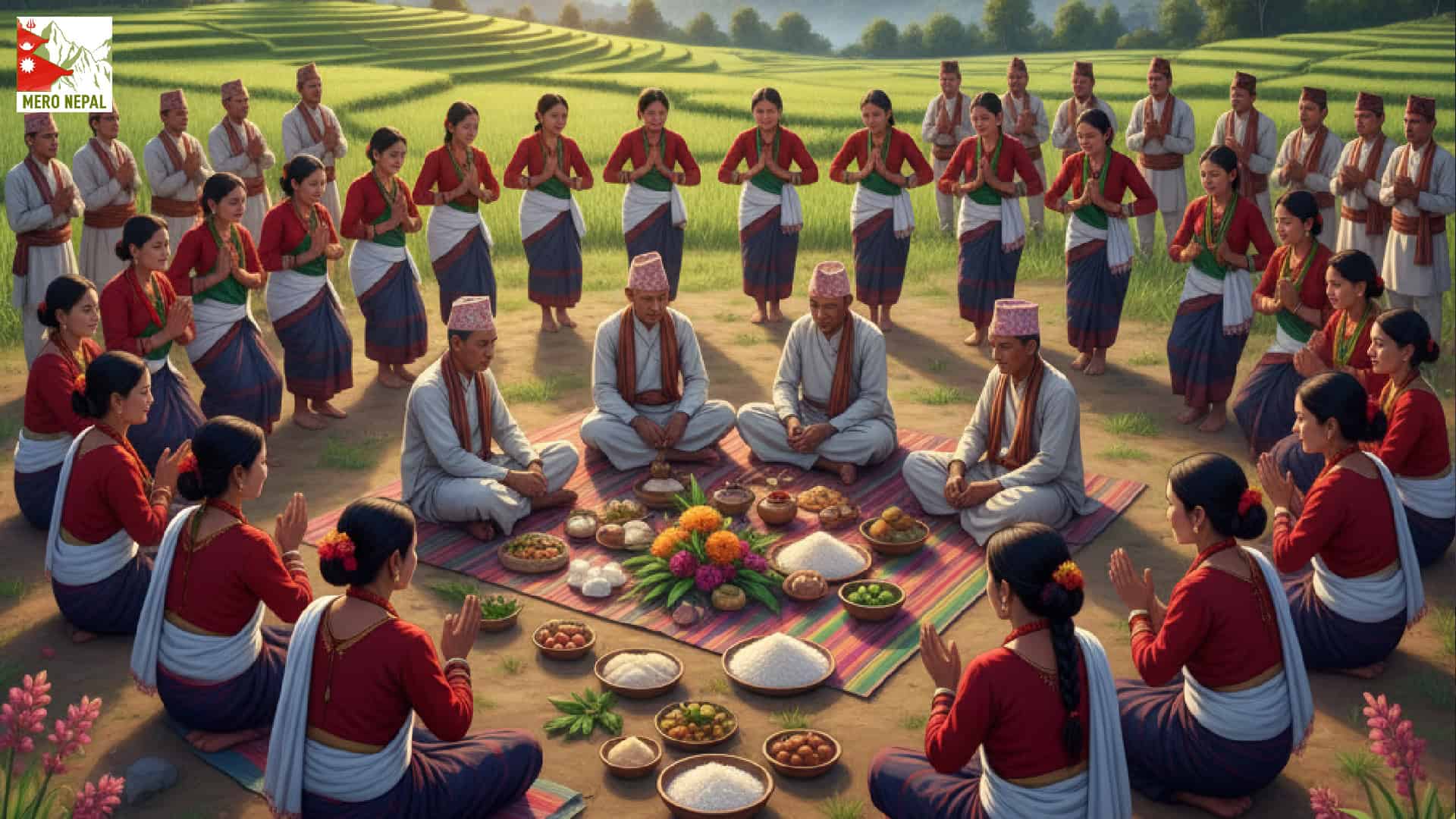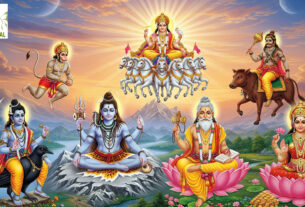Nepal is a country rich in ethnicity, languages, and diverse cultures. Different communities here continue to preserve and celebrate their unique traditions and festivals. Among them, one of the most significant is the Ubhauli Festival, celebrated by the Kirat community. This festival is deeply tied to faith, culture, and agriculture. Every year, it is observed in the month of Baisakh (April–May) as a way to pray for blessings from nature before starting the new planting season.
Meaning and Symbolism of “Ubhauli”
The word “Ubhauli” originates from the Kiranti language and literally means “to go upward.” The term reflects the seasonal movement of birds, animals, and people toward higher ground during summer. Symbolically, it represents spiritual upliftment, prosperity, and the renewal of natural energy. The very name highlights the intimate connection between human life and the cycles of nature.
The Kirat Community and Ubhauli
The Kirat are one of Nepal’s major indigenous groups, which include the Limbu, Rai, Sunuwar, and Yakkha people. Their culture, traditions, and lifestyle are strongly connected with nature. In Kirat religion, the sky god Paruhang and the earth goddess Sumnima are revered. During Ubhauli, the community prays to them for timely rainfall, abundant crops, and protection from disasters.
Religious and Cultural Importance
Ubhauli is not only about starting agricultural work but also carries deep spiritual meaning. The Kirat community relates it to the cycle of life, death, and rebirth. It inspires faith in progress, hard work, and divine blessings. Rituals performed during this festival strengthen the community’s devotion to ancestors and natural forces.
Rituals and Traditions of Ubhauli
Sakela Dance (Chham)
The highlight of Ubhauli is the Sakela Dance, performed in open fields. Men and women form large circles, holding hands, and dance together. Their movements imitate farming, animal rearing, hunting, and other daily activities. This dance serves as a living expression of their history, culture, and lifestyle.Worship and Rituals
Village elders and shamans conduct worship at sacred sites known as “Sakela Than.” Offerings such as rice, fruits, flowers, milk, liquor, and traditional foods are presented to ancestors and deities, seeking blessings for fertility and prosperity.Community Gathering and Feasts
Ubhauli brings together families, relatives, and neighbors in large gatherings. Traditional feasts, music, and cultural performances strengthen social unity and create a festive atmosphere.
Agricultural Significance
As Nepal is an agrarian country, the Kirat community closely links agriculture with spirituality. Ubhauli is considered an auspicious time to begin farming. Farmers pray for favorable weather, healthy seeds, and protection from pests and diseases. The festival motivates them to work harder and trust the blessings of nature.
Social and Cultural Importance
Ubhauli is not only a religious or agricultural festival but also a symbol of unity. It unites the community, reinforces collective identity, and helps pass traditional knowledge to younger generations. In today’s busy lifestyle, festivals like Ubhauli remind people of their roots and cultural values.
Ubhauli in Modern Society
With globalization and modernization, many traditions face the risk of being forgotten. However, the Kirat community has managed to preserve Ubhauli by blending it with modern practices. Large gatherings and cultural programs are organized in cities like Kathmandu, Dharan, and Damak. Even Kirat communities abroad continue to celebrate the festival with rituals and Sakela dance, keeping their culture alive worldwide.
Mero Nepal:
Conclusion
The Ubhauli Festival is more than just a festival of the Kirat community; it is a union of nature, humanity, and spirituality. It reminds us that our existence is deeply connected with the environment. Practices like the Sakela dance, worship rituals, and communal gatherings continue to preserve culture and identity. For the younger generation, protecting this festival means safeguarding their heritage.
The core message of Ubhauli is clear: Live in harmony with nature, work hard, seek blessings, and make life prosperous.





